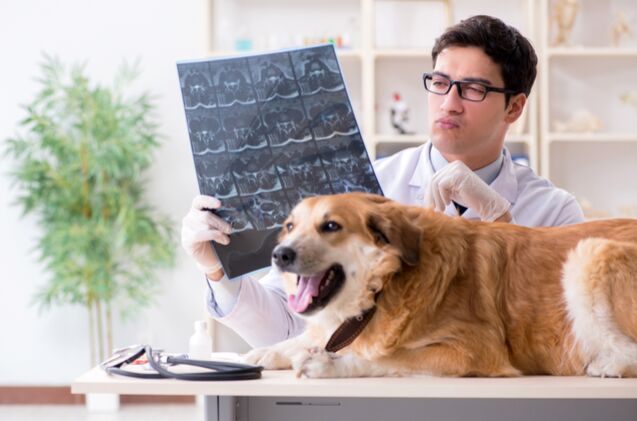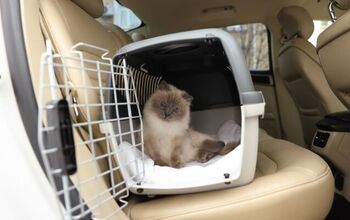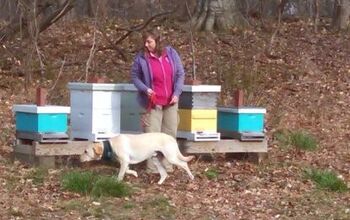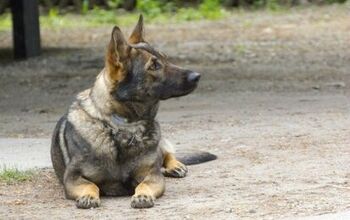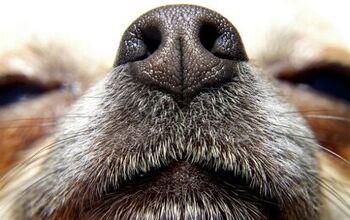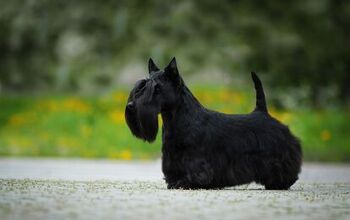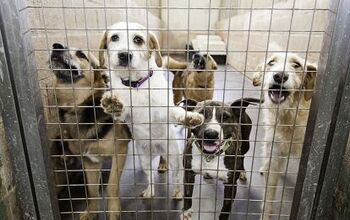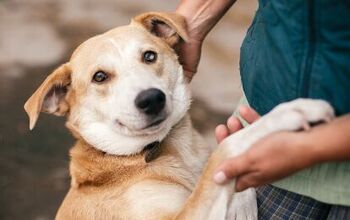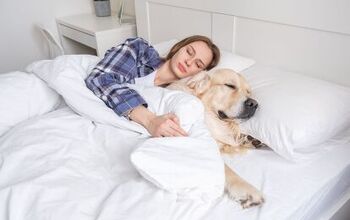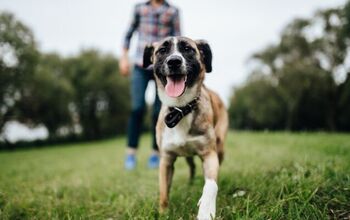A New Generation of Bomb-Sniffing Dogs Picked Based on Brain Scans

The chances are that you’ve seen a bomb-sniffing dog, at least once in your life. These service dogs are often present at airports, where their skilled snouts sniff out explosives that would have gone undetected otherwise. While these doggos are doing an invaluable service, a new type of sniffer dogs seems to be more superior when it comes to new types of bombs- and they’re called Vapor Wake dogs. However, these highly-specialized canines go through costly and intensive training, which is why researchers are trying to find a way to determine which pooches have what it takes to do the job. And it seems that brain scans are the way to do it.
The main difference between regular bomb-sniffing dogs and Vapor Wake canines is that the second group is capable of detecting even the faintest traces of explosive particles. This, in turn, enables Vapor Wake dogs to check thousands of people at once- they do not need to make contact with the person carrying a bomb or be near the explosive package to be able to sniff it out. Of course, it’s easy to see how, particularly in this day and age, such service dogs could become a regular fixture at public events (sports games, concerts, etc.) and spaces (airports, high traffic areas). But, as I said, not all dogs possess the kind of talent needed to do this job.
Before a dog can become a Vapor Wake canine, they will need to go through an intensive 2-year training program- unfortunately, not all puppies graduate from the prestigious canine academy. To avoid financial and time losses, researchers are vetting puppies even before they enter the program. If a certain pooch shows promise, it means that they’ve had good results in a series of cognitive tests and that their fMRI scans show brain activity in areas that have been marked as desirable.
Researchers at the Auburn University, where the program was first created, have been trying to see if there are any neurological indicators of a puppy’s success in their program, and they have been making strides. If they manage to prove that there is a correlation between good test results and certain brain activity, it will change how we choose dogs for service. Not only it would help create a neuro-roadmap of sorts, but it could also pave the way for detection of genetic markers that make a dog more inclined to be a sniffer than the next furball.

A proud mama to seven dogs and ten cats, Angela spends her days writing for her fellow pet parents and pampering her furballs, all of whom are rescues. When she's not gushing over her adorable cats or playing with her dogs, she can be found curled up with a good fantasy book.
More by Angela Vuckovic



